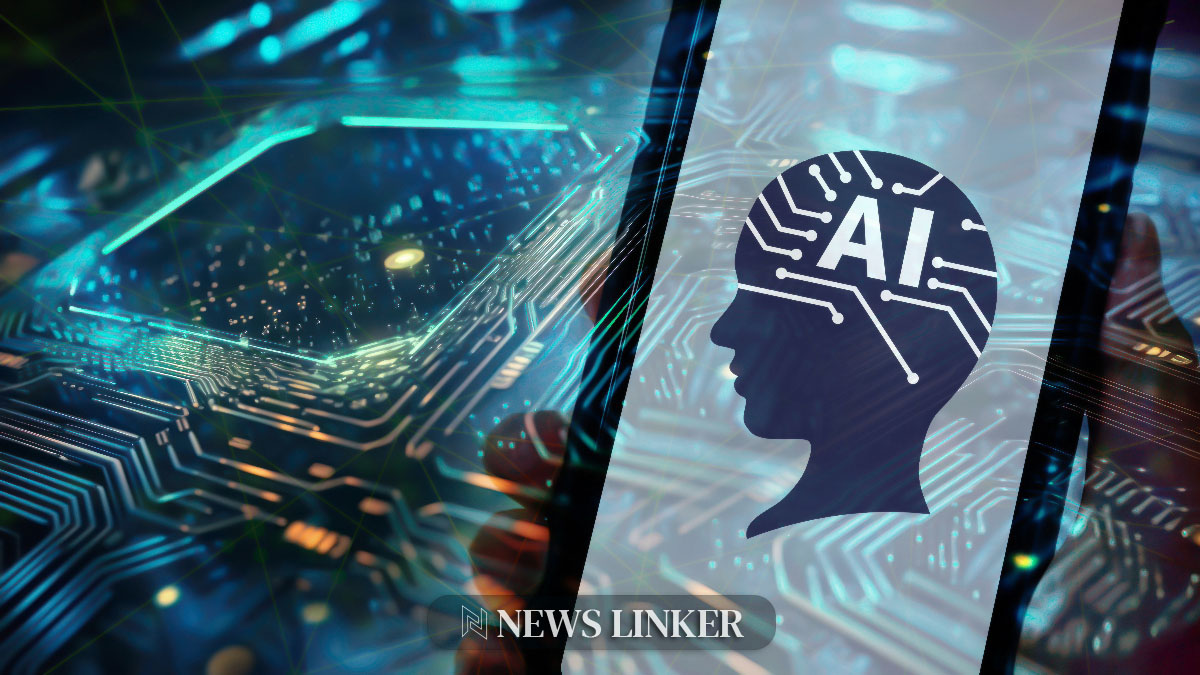As advancements in artificial intelligence (AI) continue to proliferate, the conversation about ethical implications grows louder. With AI set to reshape myriad industries from healthcare to finance, ensuring these systems are developed responsibly is becoming crucial. AI’s potential for bias, data privacy issues, and its environmental impact are some of the ethical challenges that developers face. These concerns are not just hypothetical but have real-world consequences that could affect every aspect of human life. Addressing these issues head-on, leaders in the field are calling for stricter regulations and more robust frameworks to guide the development of AI technologies.
Insights from a Veteran CEO
Igor Jablokov, CEO of Pryon, is a notable figure in the AI landscape, having previously spearheaded projects at IBM that laid the groundwork for innovations like Watson. His current venture, Pryon, is deeply engaged in tackling AI’s ethical challenges. In a recent interview, Jablokov highlighted multiple ethical risks including AI-generated misinformation, data breaches, and the consumption of vast amounts of energy by AI systems. He insists on the importance of developing AI that is not only powerful but also responsible and respectful of privacy and ethical norms.
Pryon’s Commitment to Ethical AI
Pryon’s approach involves a design philosophy centered around accountability and transparency. The company emphasizes the importance of explainable AI, where each piece of information processed can be traced back to its source, ensuring verifiability. This transparency is crucial in sectors like healthcare and emergency services, where the accuracy of information can be life-critical. Jablokov also mentioned the implementation of human oversight in AI operations, ensuring that AI-supported decisions are vetted by experienced professionals before they are acted upon.
Regulatory Engagement and Industry Standards
Recognizing the potential for regulatory lag in the fast-evolving AI sector, Pryon is proactive in its engagement with policymakers. Jablokov articulated the necessity of this engagement, noting Pryon’s active participation in discussions with various governmental bodies to shape the evolving regulatory landscape. This involvement is aimed at ensuring that as new policies are crafted, they are informed by insights from those deeply embedded in the technology’s advancement and deployment.
The history of AI, from its conceptual beginnings to its current complex applications, shows a trajectory filled with both breakthroughs and controversies. Early AI research focused on rule-based systems that led to the development of expert systems, while the current era of AI involves complex algorithms capable of learning and adapting. This evolution presents new challenges such as data bias and security, which were less significant in earlier systems. As AI technology grows more sophisticated, the ethical stakes become higher, necessitating a balance between innovation and responsibility.
Further insights can be gleaned from sources like ‘VentureBeat’, which discusses the broader implications of AI in corporate settings in their article “AI Trends in Enterprise Environments”, and ‘Nature’, which published a detailed analysis on “The Role of AI in Global Health” focusing on the ethical implications of deploying AI in sensitive sectors. Both articles underline the necessity of maintaining rigorous ethical standards and robust regulatory frameworks as AI technologies become more pervasive and powerful.
A scientific paper titled “Ethical Considerations in AI Deployment” published in the Journal of AI Ethics offers a more academic perspective. The paper discusses the importance of transparency and accountability in AI systems, highlighting the need for AI to be understandable by its users and the importance of maintaining control over AI decision-making processes.
Key Takeaways for Stakeholders
- Adopt transparency in AI processes to build trust and accountability.
- Engage actively with regulatory bodies to shape policies that govern AI use.
- Implement human oversight in critical AI applications to ensure reliability.
In conclusion, as AI technologies continue their rapid development, the focus on ethical considerations becomes increasingly important. Companies like Pryon are at the forefront, not only in developing AI but also in ensuring it is used responsibly. By fostering an environment of transparency, engaging with regulators, and integrating human oversight, the AI industry can mitigate the risks associated with these powerful technologies. This approach will be crucial in harnessing AI’s potential while safeguarding against its risks.










